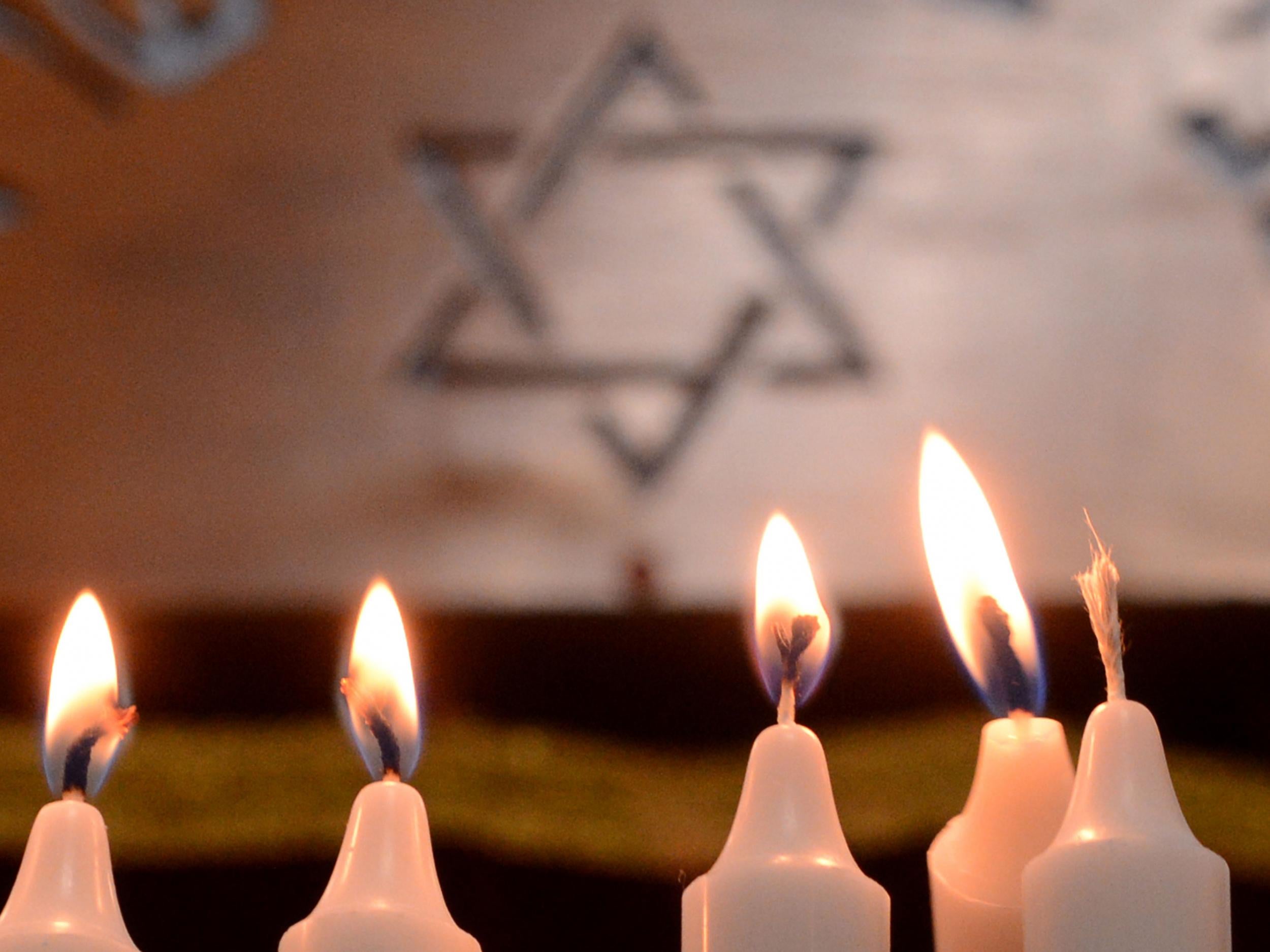After the divisiveness of 2016, Christmas and Hanukkah falling on the same day is the perfect antidote
I’ve spent time in nations that mark each of the three mono faiths – and what’s clear is that you don’t have to follow any of the religions, or believe in a religious state, or be a cheerleader for ethno-nationalism to appreciate countries moving to a religious calendar


This year, in a miraculous alignment befitting of the season, Christmas and Hanukkah fall on the exact same day. What are the odds? OK, look, I don’t know the odds; just thinking about it makes my head hurt. Hanukkah, which lasts eight days, has often overlapped with Christmas. But the internet says this Jewish festival’s first day has only landed on Christmas Day a few times in a hundred years and, to avoid chewing up rabbinical resources at a busy time of year, let’s just go with that.
Meanwhile, if you want explanations, suffice it to say that the Jewish calendar moves in a lunar manner, with the occasional extra month thrown into a year to make sure that the religious holidays don’t suffer seasonal drift. All of which means that Christmas and Hanukkah can – when we’re lucky – collide. I say lucky, because even the year so ubiquitously described as the “worst ever” has a small, optimistic multicultural note at its close.
Also, while some fear multiculturalism as a mechanism for other religions to, I don’t know, somehow cancel Christmas, or force people to say “Happy Holidays!” instead of “Happy Christmas!”, or whatever, it seems apt to have a real-time demonstration of what celebrating different faiths together actually looks like.

I’ve spent time in nations that mark each of the three mono faiths – and what’s clear is that you don’t have to follow any of the religions, or believe in a religious state, or be a cheerleader for ethno-nationalism to appreciate countries moving to a religious calendar. You don’t need to be Muslim to sense the contemplation and joy that falls upon a place marking Ramadan; you don’t have to be Jewish to appreciate that Israel moves to this religious beat. And you obviously don’t need to be a Christian, or even a believer, to celebrate what Christmas brings to the table – and I don’t just mean the food table, although I would start there with all faiths.
What becomes apparent, spending time living within different majority faiths, is that it isn’t the religious part so much as the being together part, the focus on sharing and community, that actually counts – this togetherness is where so much of the festive is contained. And this is true even if your idea of unity revolves around, say, swapping info with fellow secularists on where to find wheat goods in Israel during Passover (when such items disappear from store shelves). This, after all, still counts as sharing.
Of course, the beauty of being multi-faith in your own celebrations is that you can cherry-pick – and I’m a sucker for other people’s accounts of the bits of each religious festival that they choose to keep: Hanukah candles, but no Christmas tree; carols, but no Jewish prayers; mince pies alongside the doughnuts; presents, but…OK let’s just keep doing all the presents.
We didn’t do Christmas when I was growing up in the UK but, over the years, partners and relatives brought various elements of it into the home. Meanwhile, as secularists who marked the Jewish holidays (because food, family, rituals and sharing are not exclusive to the religious), we already had an easy sense of hybridity over festivities: in my late father’s reading of Jewish texts in Arabic, just as he had done in his birthplace, Iraq.
What those who fear some kind of culture “dilution” always miss is the power that comes from diversity: in the strength of the individual component parts as well as in the unity of different lines blending together. The culture-worriers only see difference, oblivious to the power and beauty of all the commonality contained therein. Right there is where so much festive spirit lives, regardless of faith.
Join our commenting forum
Join thought-provoking conversations, follow other Independent readers and see their replies
Comments
Bookmark popover
Removed from bookmarks